
1. Blame your genes
First, the bad news: Some people are just naturally early risers, while others are more inclined to be night owls. “It’s hardwired into your genetics,” says Dr. Brian Murray, head of neurology at Sunnybrook Health Sciences Centre in Toronto. Now the good news: Your body’s circadian rhythm, or internal clock, is also a partially learned behaviour, so you can make a shift for better mornings. Think of it like jet lag: Travellers eventually adjust to their new time zone, and you can, too.

2. Keep it consistent
“The body likes routine,” says Dr. Murray. “It will learn and train for expected sleep/wake times.” Dr. Murray says many people suffer from “social jet lag,” meaning they stay up late on the weekend and can’t get back on schedule for the workweek. If you wake up at 6 a.m. on weekdays, wake up at 6 a.m. on weekends as well, and the same goes for your bedtime. (We know it’s a bummer, but you’ll feel better come Monday.)

3. Shine a light
Bright light exposure is the best way to wake up your body. “Light is one of the biggest trainers of your circadian rhythm,” says Dr. Murray. If it’s not bright out when you get out of bed, try an alarm with a sunlight simulator (such as Philips Wake-up Light). Alternatively, head outside into the sunlight for a morning walk or try a light therapy lamp. Look for one that offers 10,000 lux of light for half an hour each morning. This can reset your circadian rhythm.
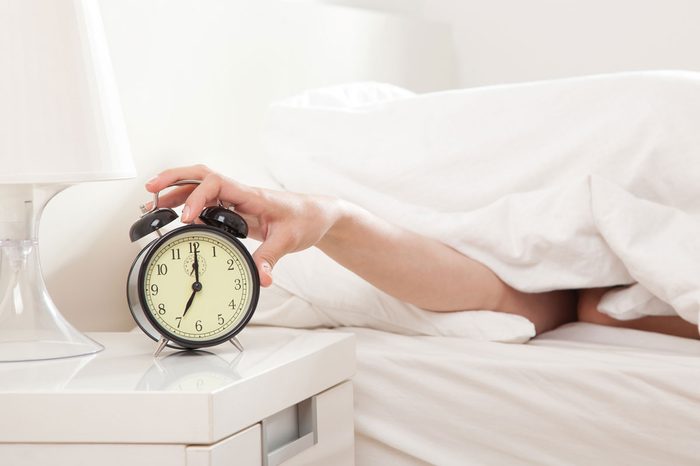
4. Alarm yourself
Speaking of alarms, don’t hit the snooze button. “The sleep you get after pressing the snooze button is never productive sleep,” says Nicole Hartman, a naturopath in Kelowna, BC. Her advice? Put your alarm (or phone) on the other side of the room so that you have to get out of bed to turn it off.
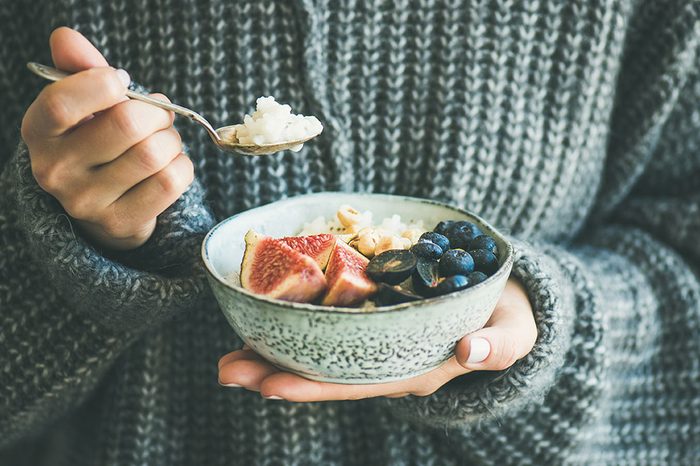
5. Eat a good breakfast
Do you wake up with energy, only to fall into a slump mid-morning? You might want to try a high-protein, low-refined carbohydrate meal for breakfast, says Hartman. Try whole grain toast, sautéed spinach and a poached egg, and top if off with feta cheese and some extra-virgin olive oil. This will not only keep you feeling full until lunch but also prevent the blood sugar spike (and drop) you get from a bowl of cereal or muffin that can leave you feeling low. (Check out these other quick and easy breakfast recipes that are super healthy.)
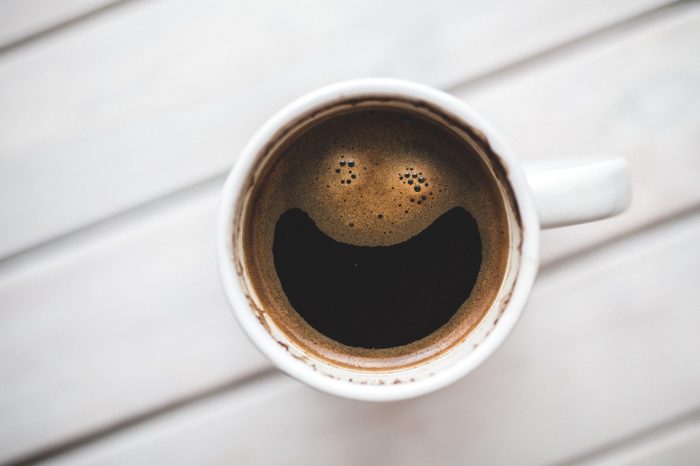
6. Enjoy your cup of joe
Some people can have an espresso after dinner and hit the sack no problem, while others get the jitters from having their coffee late in the afternoon. There’s a genetic reason for it: Some people can’t process caffeine as well as others, explains Hartman. Stick to one or two cups of morning coffee – three at most, recommends Dr. Murray. If you go overboard, you’ll probably experience palpitations, nervousness and nausea. And it can affect your sleep that night, leading to exhaustion all over again.
(The next time you start craving coffee late in the afternoon, opt for this caffeine-free bevvy instead.)
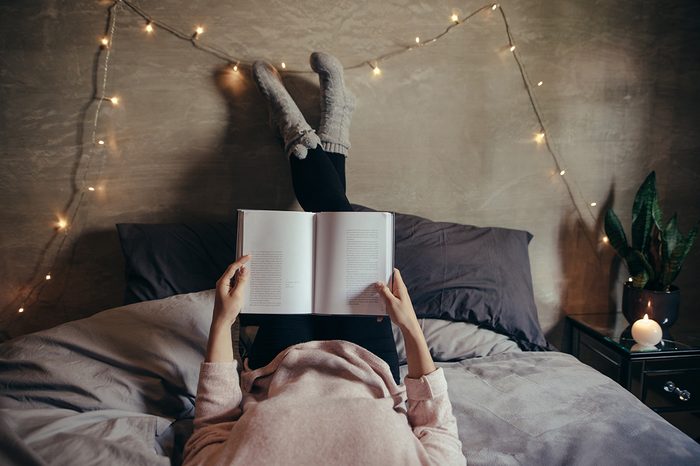
7. Sleep on it
Have we mentioned that the body likes routine? Set an alarm half an hour before bed so that you have time to wind down and then try doing breathing exercises, meditating for 10 minutes or reading a book. Put a diffuser in your room or spritz some essential oils, such as sleep-promoting lavender, on your pillow.

8. Skip cocktail hour
A glass or two of wine can help you unwind after a busy day, but it can also mess with your sleep. “I find that alcohol affects mostly perimenopausal and postmenopausal women, but it can affect anyone of any age and prevent them from getting a deep sleep,” says Hartman. Many of her patients experience insomnia after drinking, she says. If you think alcohol might be one of the reasons why you’re waking up feeling fuzzy, compare a night with alcohol to one without to see how it affects your shut-eye.
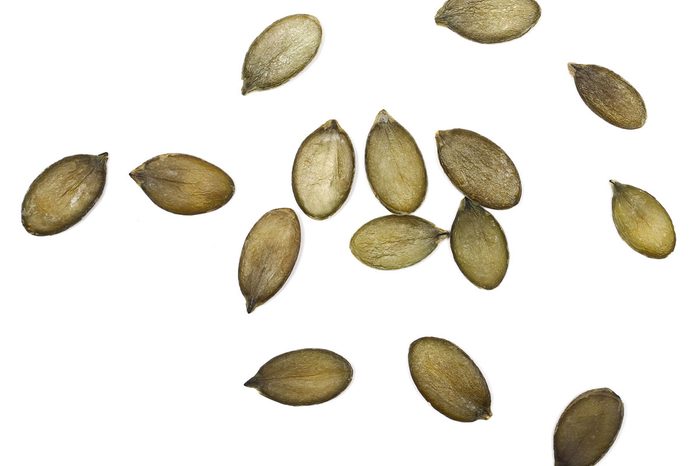
9. Eat for better sleep
If you’re in the habit of waking up in the middle of the night and feeling zonked the next day, Hartman recommends noshing on a high-protein snack, such as a handful of pumpkin seeds, in the evening. “Pumpkin seeds are natural sources of tryptophan, which helps produce melatonin,” she says. Melatonin, your body’s sleep hormone, rises in the evening and is key to a good night’s rest. Pumpkin seeds also have protein and fat, which help regulate your blood sugar throughout the night. And watch your water intake before bed – having to wake up to use the bathroom could disrupt your sleep cycle.
(Psst: This is the mattress more than 100,000 Canadians are sleeping on.)
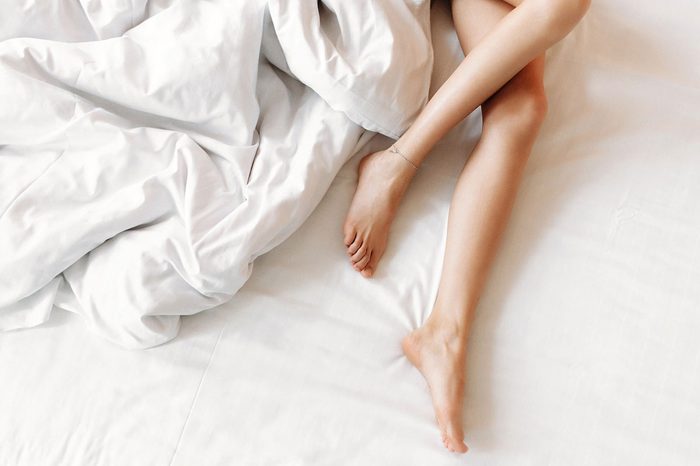
9. Get to the root of it
There are some common conditions that can lead to disrupted sleep and groggy mornings. They include anemia, sleep apnea, thyroid disorders and restless leg syndrome. Talk to your health care professional for more information if you suspect that they may be affecting your ability to drift off to dreamland.
Next, check out the best way to enrich your life and beat loneliness.
